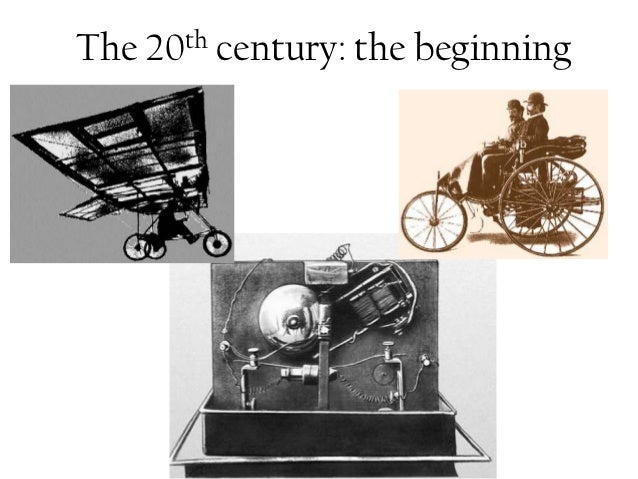Booth Calculator Formula: 1. Total Show Attendance X 0.16 = Number of Attendees Interested In Your Product. Number of Attendees Interested In Your Product X 0.45 = Number of Visitors to Your Booth. Number of Visitors to Your Booth ÷ Number of Hours of the Show = Number of Visitors Per Hour.
Did you know?
- An implementation of Booth's multiplication algorithm (and some other algorithms) in Python. This repository is for understanding multiplication/division algorithm executed in digital computers. Bitwise.py, a file in this repo, has some implementations for bitwise calculation (e.g. Two's complement, bit shift) in.
- Binary Multiplication Calculator is an online tool for digital computation to perform the multiplication between the two binary numbers. Binary numbers multiplication is a part of arithmetic operations in digital electronics.
- Booth's Algorithm.
- Euclid's Algorithm GCF Calculator. Set up a division problem where a is larger than b. A ÷ b = c with remainder R. Do the division. Then replace a with b, replace b with R and repeat the division. Continue the process until R = 0. When remainder R = 0, the GCF is the divisor, b, in the last equation.
- A 10X20 exhibit with only one counter produces less sales interactions than a 10’X20′ exhibit with two counters!
- Booth size is relative to the number of staff you should bring and the number of interactions you can expect/handle. A rule of thumb is one staff person per 50 square feet of open exhibit space.
- For every 100 square feet of open space in an exhibit one small 20 inch square podium-sized counter should be available for use by the sales staff.
Booth Calculator Formula:
1. Total Show Attendance X 0.16 = Number of Attendees Interested In Your Product
2. Number of Attendees Interested In Your Product X 0.45 = Number of Visitors to Your Booth
3. Number of Visitors to Your Booth ÷ Number of Hours of the Show = Number of Visitors Per Hour
4. Based on the length of your interactions, determine the Number of Attendees Per Hour that each of your staff can handle.
5. Number of Visitors Per Hour ÷ Number of Attendees Per Hour Per Staff = Optimum number of staff needed for your booth Edius 7 free full version with crack.
“The behavior of salespeople and buyers at exhibitions also changes based on how many counters are available in an exhibit. For example, a 10’X20′ exhibit with only one counter produces less sales interactions than 10’X20′ exhibit with two counters. Sony media receiver mbt w1 manual. In the exhibits with two counters, the sales staff will have 25% to 60% more sales interactions with attendees.” By Allen Konopacki, CEIR Gurureport.
Get a Widget for this Calculator
Calculator Use
Enter two whole numbers to find the greatest common factor (GCF). See the work and learn how to find the GCF using the Euclidean Algorithm.
How to Find the GCF Using Euclid's Algorithm
- Given two whole numbers where a is greater than b, do the division a ÷ b = c with remainder R.
- Replace a with b, replace b with R and repeat the division.
- Repeat step 2 until R=0.
- When R=0, the divisor, b, in the last equation is the greatest common factor, GCF.

Booth's Algorithm For Multiplication
Since greatest common factor (GCF) and greatest common divisor (GCD) are synonymous, the Euclidean Algorithm process also works to find the GCD.
Related Calculators
To find the GCF of more than two values see our Greatest Common Factor Calculator.
For more information and examples using the Euclidean Algorithm see our GCF Calculator and the section on Euclid's Algorithm.
References
Booth's Algorithm Calculator Signed
Bureau 42: The Euclidean Algorithm: Greatest Common Factors Through Subtraction.
Rutgers University Department of Mathematics: The Euclidean Algorithm. Probability and statistics degroot solutions manual.
Cite this content, page or calculator as:
Booth's Algorithm Division Calculator
Furey, Edward 'Euclid's Algorithm Calculator'; CalculatorSoup, https://www.calculatorsoup.com - Online Calculators
Comments are closed.